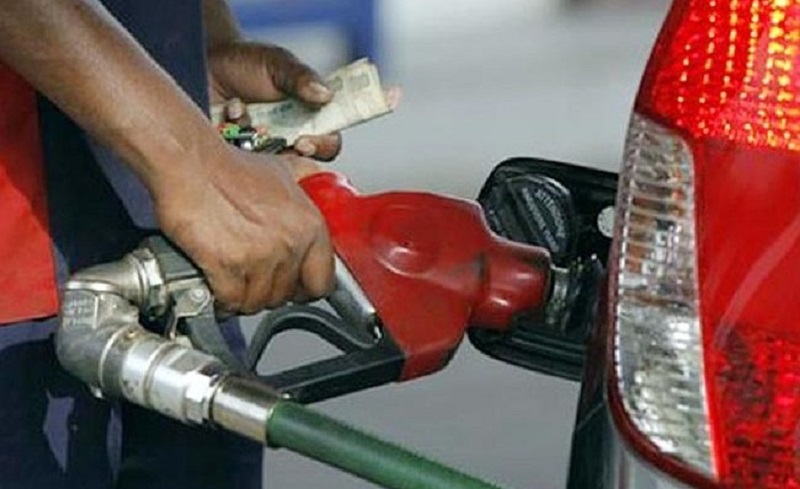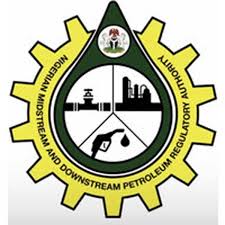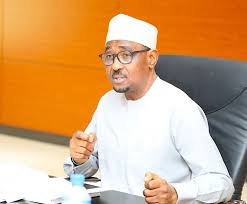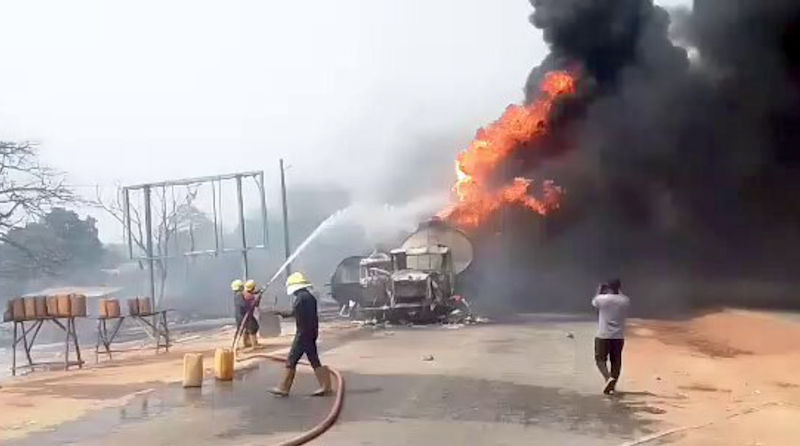The Nigerian Midstream and Downstream Petroleum Regulatory Authority (NMDPRA) has reported a significant decline in fuel consumption for June 2025, with total fuel evacuation falling to 1.44 billion litres.
The Director of Public Affairs, NMDPRA, George Ene-Ita confirmed in a report on Wednesday that daily fuel consumption had averaged 48 million litres, correcting earlier reports that suggested a lower figure of 38.94 million litres.
Ene-Ita said that the total fuel evacuation for June was precisely 1,440,768,129 litres, representing a 16.42 per cent decrease, compared to May’s total supply of 1,768,812,804 litres, a drop of over 290 million litres.
According to him, the figure represents a daily average evacuation of 48,025,604 litres, which is obtained by dividing the total monthly volume by the 30 days in the month under review.
Breaking down the fuel supply figures, the NMDPRA reports stated that in June the Automobile Gas Oil (AGO) called diesel, saw a slight increase in diesel supply by 1.73 per cent, reaching 432.18 million litres compared to May’s 424.83 million litres.
In spite of this, diesel distribution (truck-out) declined by 23.23 per cent falling from 552.35 million litres in May to 424.06 million litres in June.
It further showed that the Household Kerosene (HHK) supply and distribution both recorded a 13 per cent decrease, with June figures at 7.79 million litres, down from nearly nine million litres in May.
The sharpest decline was seen in automotive gasoline supply, which dropped by nearly 48 per cent from 72.36 million litres in May to 37.66 million litres in June.
Distribution also fell by 16.54 per cent within the same period.
The NMDPRA’s report also detailed fuel truck-out volumes to individual states, totalling the 1.44 billion litres evacuated in June.
The report showed that Lagos received the highest volume at 205.66 million litres, followed by Ogun with 88.69 million litres, the Federal Capital Territory with 77.51 million litres, and Oyo with 72.81 million litres.
The decline in overall supply and distribution suggests continued challenges in the petroleum midstream and downstream sectors, impacting national fuel consumption patterns in June.
The NMDPRA, however, pledged to work closely with relevant stakeholders to strengthen distribution and guarantee uninterrupted supply of petroleum products across the country.








